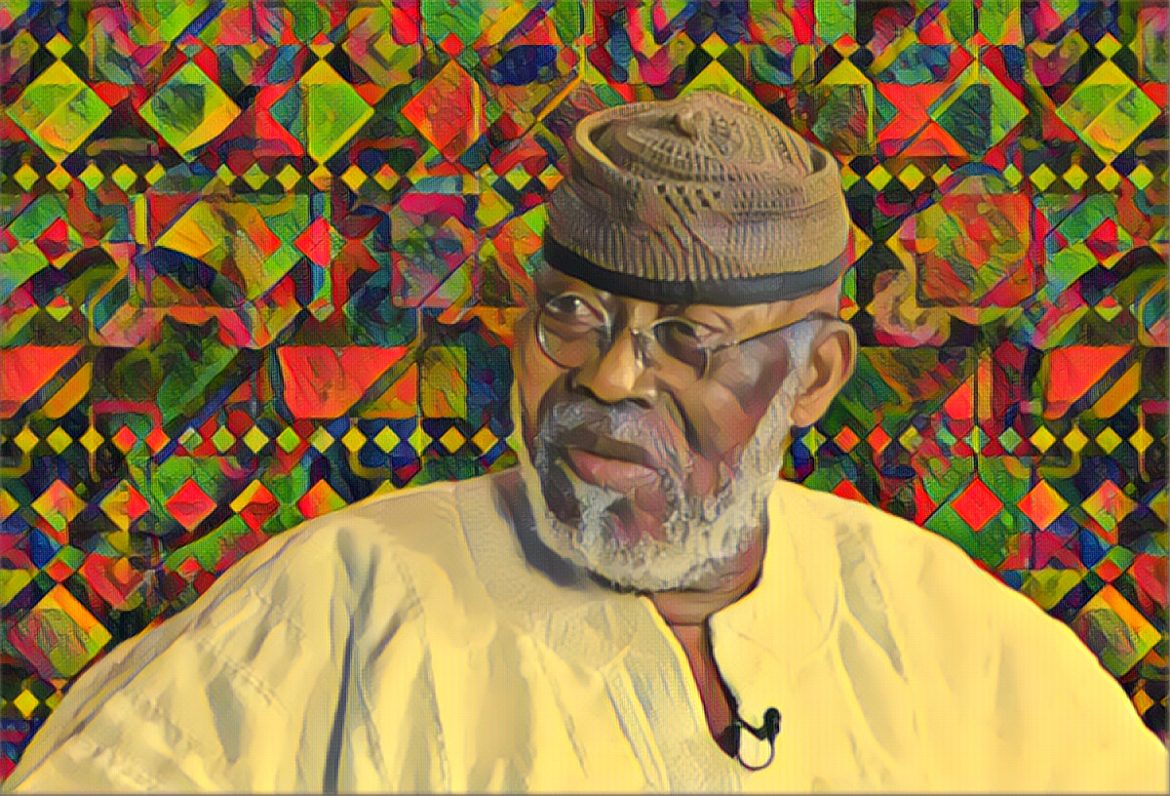Nyaho Nyaho-Tamakloe, a former president of the Ghana Football Association (GFA) and a prominent political figure, has publicly criticized renowned investigative journalist Anas Aremeyaw Anas, calling him “not an honest man” and questioning the genuineness of his work. Tamakloe’s comments have sparked a new wave of debate over Anas’s controversial methods and the impact of his investigative work on Ghanaian society.
In a recent interview, Tamakloe accused Anas of using deceptive tactics to entrap individuals and questioned the integrity of his journalism. “Anas is not an honest man, and his work is not genuine,” Tamakloe stated. “He uses tricks to get people to fall into traps, which is not the right way to conduct investigations.”
Anas Aremeyaw Anas is well-known in Ghana and beyond for his undercover journalism, which has exposed corruption and malpractice across various sectors, including politics, sports, and law enforcement. His work, often conducted under the cloak of anonymity and through covert means, has been both praised for its impact and criticized for its methods.
Tamakloe’s comments come in the wake of several high-profile investigations led by Anas that have resulted in significant public and political fallout. One of the most notable cases was the 2018 documentary “Number 12,” which exposed widespread corruption in African football, leading to the suspension of several officials, including former GFA President Kwesi Nyantakyi.
Critics like Tamakloe argue that while Anas’s work has uncovered wrongdoing, his approach raises ethical concerns. They believe that entrapment and covert recording violate journalistic standards and infringe on personal privacy. “You cannot destroy lives and claim you are fighting corruption,” Tamakloe added. “There are proper ways to investigate without causing harm to innocent people.”
Despite these criticisms, Anas has maintained that his work is vital to uncovering the truth and holding powerful figures accountable. He argues that traditional journalism methods are often ineffective in exposing deep-rooted corruption and that his techniques are necessary to reveal the full extent of wrongdoing.
Supporters of Anas point to his track record of exposing corruption and the positive changes that have resulted from his investigations. They argue that his work has had a substantial impact on promoting transparency and accountability in Ghana and other African countries.
In response to Tamakloe’s accusations, Anas has reiterated his commitment to fighting corruption and insisted that his methods are within the bounds of ethical journalism. “Our work is not about personal vendettas but about bringing justice and exposing the truth,” Anas said in a statement. “We operate within the law and follow strict ethical guidelines.”
The debate over Anas’s methods reflects broader tensions in Ghanaian society over the role of the media and the boundaries of investigative journalism. While some see his work as a necessary check on power and corruption, others view it as overstepping the bounds of acceptable journalistic practice.
As discussions continue, it is clear that Anas’s work has left a significant mark on Ghana’s fight against corruption. Whether one agrees with his methods or not, there is no denying the influence he has had in raising awareness and sparking important conversations about transparency and integrity in public life.
With opinions sharply divided, the discourse around Anas Aremeyaw Anas and his work is likely to persist. As Ghana grapples with its own challenges in governance and corruption, the need for robust and ethical investigative journalism remains as crucial as ever.
Source: GhanaWeb




